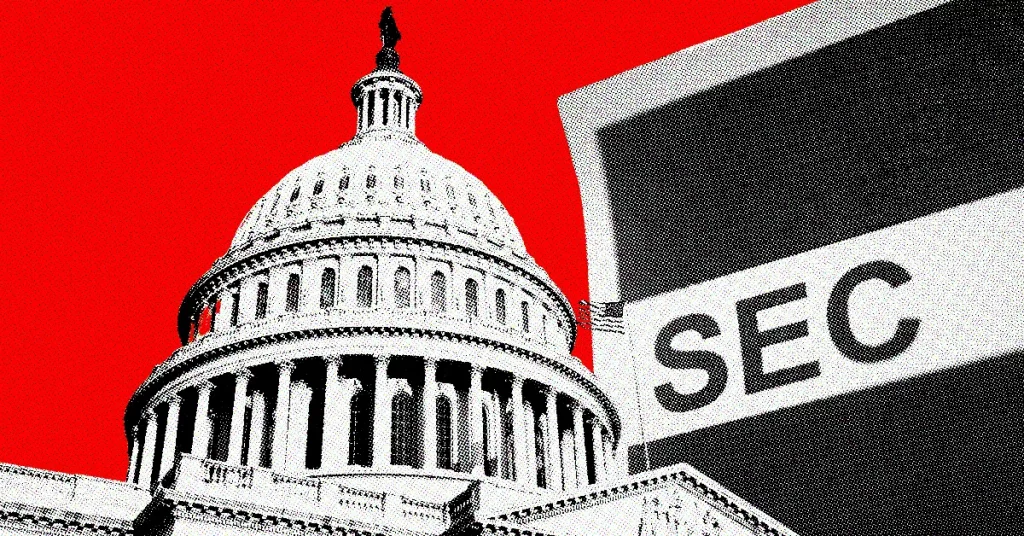ARTICLE AD BOX

The post Bill Morgan Accuses SEC of Bias in Favoring Ethereum Over XRP appeared first on Coinpedia Fintech News
This time, XRP pro-attorney Bill Morgan has revived corruption accusations against the United States Securities and Exchange Commission, stating the regulator is using unfair means to favor Ethereum over Ripple’s native token, XRP.
XRP Lawyer Slams SEC Over Ethical Concerns
Morgan criticized the so-called “ETH Gate,” which accuses the SEC of corruption through biased regulatory practices. It focuses on controversial actions by former SEC official William Hinman.
He noticed the SEC had begun an investigation into Ripple when XRP was the third largest cryptocurrency by market capitalization, along with Hinman’s pro-Ethereum speech.
The Conservative Political Action Conference (CPAC) made official complaints against Hinman to the New York and California Bar Associations, asserting unethical conduct and the conflict of interest. CPAC Director Andrew Langer spearheaded the calls for investigation into Hinman’s actions, particularly his ties to law firm Simpson Thacher & Bartlett, which represented Enterprise Ethereum Alliance.
In June 2018, Hinman’s speech had suggested that Ethereum should not be considered a security. It essentially exempted Ethereum from tough regulatory oversight. The internal SEC emails showed Hinman had consulted with Ethereum creator Vitalik Buterin before his speech, which further fanned the flames of bias and corruption allegations.
Market Reaction and Implications
Some crypto commentators and investors claim the markets began fluctuating after these developments; Bitcoin and Ethereum prices were also noted to fluctuate in response. The controversy continues to shake the crypto market, as debates on regulatory fairness and transparency continue.
All in all, the favoritism allegations towards Ethereum and the investigation into Hinman’s actions further outline broader issues of regulatory bias and ethical conduct inside the SEC. The outcome of these investigations could have significant implications for the future of cryptocurrency regulation in the U.S.
.png)
 7 months ago
4
7 months ago
4
 .
. 







 English (US)
English (US)